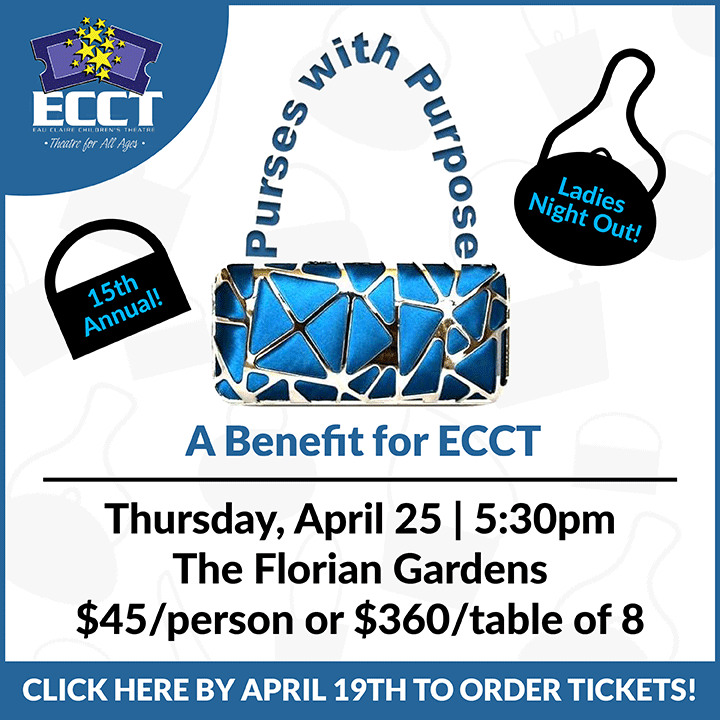Connecting With the 'Other'
when the news stokes fear of those who aren’t like us, good literature can help bridge cultural gaps

It is nine o’clock on a Friday night. I am wearing flannel pajama pants and the sweater I donned for work. On my iTunes I’m listening to George Harrison’s “All Things Must Pass,” trying to soak in the spirituality of the record. Earlier I baked four dozen chocolate chip cookies for the church bake sale, snapped at my wife for volunteering us, and laid in bed with my wife and daughters as they watched The Muppets Movie. I have been obsessed with the Muslim experience as of late. Partly because ISIS is in the news so much and because we are reading Malala Yousafzai’s autobiography in my eighth-grade language arts class. Along with I Am Malala I’ve been reading Randa Abdel Fattah’s wonderful Palestinian novel Where the Streets Had a Name and Khaled Hosseini’s The Kite Runner.
Videos of terrorists sitting cross-legged in front of a flag with Arabic script on it, flanked by machine guns, leave a far different impression than an autobiography about a young girl fighting for her right to an education.
When I read books like this, I feel like the world is smaller and people are closer. I’ve spent so much time with books that feature familiar characters and indistinct settings. It is refreshing, like a cup of hot mint tea, to read about places I’ve never been, people I know nothing about. It is so easy, due to geography, to get locked into your surroundings; getting groceries at Walmart, buying Christmas presents at Target, and shuffling kids to dance and violin lessons leaves little room for connecting with the global community. But I can do it piecemeal by reading books. Not just entertaining books, but literature about real lives and real experience.
Speaking to Billboard Magazine about when he first heard a Ravi Shankar record, George Harrison said, “I put it on and it hit a certain spot in me that I can’t explain, but it seemed very familiar to me. The only way I could describe it was: my intellect didn’t know what was going on and yet this other part of me identified with it.” I feel the same way when I read about Malala’s mother reciting verses from the Holy Quran as an earthquake ravages her city, or when the young female protagonist in Where the Streets Had a Name watches her father stroking the deed to the land he once owned before moving to the Palestinian settlements. I cried when Amir lost his father to lung cancer in The Kite Runner. These stories give a face and a name to the news stories scrolling across our news feeds. There is a familiarity there that is lost when only the cold facts are reported.
As Americans living in smaller towns, it is imperative that we find ways to connect with the outside world, so it doesn’t scare us. Videos of terrorists sitting cross-legged in front of a flag with Arabic script on it, flanked by machine guns, leave a far different impression than an autobiography about a young girl fighting for her right to an education. It is too easy to latch on to the quick images and simple explanations of what is going on halfway around the world, instead of digging into a novel that gives you a firsthand look.
When you read great literature from a faraway place, you become connected to the characters, feeling their emotions as they meet life’s challenges. This is called empathy. And it is something we gravely need at a time like this when hate crimes against Muslims in our country are on the rise. Stories are powerful tools that can bring people together in a time of fear and uncertainty. They also provide us with an escape to exotic locales free of charge. All you need is a library card.
Dolan teaches language arts at Menomonie Middle School.
Thinkpieces are reader-submitted reflective essays. A wide variety of ideas, analyses, and notions are welcome. Submit your essay for consideration to giffey@volumeone.org.




















